This article is the first of a two-part series discussing the faults and risks, as well as the positive potential, inherent in President Trump’s decision to meet with North Korean leader Kim Jong-un in May. Part 2 outlines steps that President Trump should take to maximize the chance for a successful, or at least not disastrous, outcome.
The shocking White House announcement that President Trump plans to meet with North Korean leader Kim Jong-un by May has elicited applause from Trump’s admirers, comparing it to Nixon’s visit to China, and condemnations from critics as a dangerous gamble with national security. Let us be clear: This is not Nixon going to China. But it should not be merely condemned because of the large risks and the amateurish process that produced it.
First, the process, its faults, and the risks.
Nixon, for all his well-documented shortcomings, was a keen student of international strategy and foreign policy. His visit to China was carefully aimed at advancing critical American global strategic objectives, and was prepared by nearly three years of secret contacts and gestures orchestrated by the most accomplished American diplomat of the 20th century, Henry Kissinger. Nixon’s visit was destined for success, and with a blueprint going forward that admirably served American national security goals for a generation.
By contrast, according to public accounts, Trump made his decision spontaneously in the Oval Office, with his secretary of state off in Africa and evidently unaware of what was happening. This not only deprived the president of the secretary’s views, but has degraded Secretary Tillerson further in the eyes of foreign counterparts, who will see him as not speaking for the president. There was no National Security Council meeting to discuss this monumentally important decision, no serious exchanges by senior officials on the pros and cons, or on the steps needed to make such a meeting successful.
The Japanese were not informed until after the announcement, when Trump called President Shinzo Abe. The Chinese, whose continued cooperation with the United States is critical to maintaining pressure on Pyongyang, were not told until Trump called Xi Jinping the next day. These phone calls were useful steps, and speak well of Trump’s readiness to communicate personally with key foreign actors—but before would have been better than after.
Was there any serious discussion in the spontaneous Oval Office meeting of the downsides? To note a few:
- By the fact of a meeting with the American president for the first time, in full view of a media blitz and the world public, Kim Jong-un will have legitimized North Korea (also known as the DPRK) internationally, something no North Korean leader has achieved since 1950. If Kim gets nothing else from such a meeting, that is already a huge achievement for the leader of the world’s most isolated, repressive, and sanctioned state.
- The meeting will put great pressure on the international coalition to relax the tight sanctions on North Korea. After Henry Kissinger’s well-planned visit to China in 1971, the U.S.-led coalition blocking Chinese membership in the United Nations collapsed. That is a relevant precedent.
- Publicly, China is strongly supporting the planned meeting, consistent with its long-standing support for direct U.S.-DPRK talks, and Xi Jinping is no doubt relieved by the diminishing likelihood of a U.S. military strike against North Korea. But one can be sure that Xi is grinding his teeth over this coup by Kim (and Trump), arranging a meeting before Kim has met a Chinese leader and putting the United States at the center of Korean peninsula security. It has long been a Chinese nightmare that the United States, having insisted that China join in isolating its North Korean neighbor at great cost to itself, would engineer a double-cross and make up on its own with North Korea. It will appear now to Beijing that this is what is now happening. This private Chinese frustration may be welcomed by our newest generation of American China critics who believe our global security policy should be built around countering China at every turn. But if China is not kept on board with U.S. policy toward North Korea and feels it has to counter U.S. moves to maintain its own influence, the noose that has been tightening around Pyongyang for the last year will loosen dramatically.
- While the ex post facto call to Prime Minister Abe helped, Japanese leaders live in constant fear of U.S. unilateralism in policy toward Northeast Asia that does not take their interests into account through prior consultation. Abe will do his best to slipstream behind Trump on this, as he has done for the last year, but it will reinforce Japanese fears that the United States cannot be trusted when Japanese security interests are at stake. The U.S-Japan alliance is the linchpin of the U.S. presence in Asia. It cannot be treated as an afterthought. Trump’s sarcastic reference in his announcement on tariffs to countries who say they are our allies but “treat us the worst” on trade shows that the transactional approach toward alliances he displayed during his presidential campaign still is in his heart of hearts.
- The United States has had ample experience negotiating on the nuclear issue with North Korea in the last 20 years, and lessons have been learned. In this instance, the Trump administration has accepted a few interesting but vague statements by Kim, conveyed through an intermediary but not voiced by Kim himself, to the effect that “denuclearization” could be discussed, a North Korean moratorium on weapons of mass destruction testing would prevail while talks continued, and the next U.S.-South Korea exercise would not elicit a negative North Korean reaction. Normally, these statements would lead to talks at lower levels to clarify expectations, to flesh out what “denuclearization” means, and to put the North Koreans on the record (see the excellent post by my Brookings colleague Evans Revere on the meaning of this term in North Korean discourse). To leap to an unprecedented summit meeting on such thin commitments seen through a glass darkly is not something any previous president would have contemplated, and not a policy any previous Congress would have approved.
- Finally, no previous American administration would have considered dispatching an American president to initiate an immensely difficult diplomatic process with an adversary, because the risks to American interests and prestige would simply have been too great. If there is a bad or unproductive meeting, there is simply nowhere to go once the president has failed. That is why previous presidents have understood that you begin at lower levels so that failures can be elevated without humiliation.
To leap to an unprecedented summit meeting on such thin commitments…is not something any previous president would have contemplated.
Can anything positive be said about the decision for Trump and Kim to meet? I would say yes, guardedly.
For the last year, much of the foreign policy establishment has been rightly concerned about a seeming escalation toward U.S.-North Korea conflict. That concern was not idle. There have been times, notably in late 2017, when the administration seemed to be moving inexorably down that path. Those of us who have been vocally concerned about that unacceptable risk should be careful about suddenly switching around and unequivocally condemning a Trump-Kim meeting that whatever else it does will certainly diminish the near-term risks of catastrophic conflict. Sloppy diplomacy to be sure, but we do not have a choice between Donald Trump and Henry Kissinger. We have Donald Trump, and we should evaluate not solely whether we admire his decisions or how they were made, but whether in the Trump era they could be better or worse.
The South Korean leadership and public seem greatly pleased, and relieved by the prospective Trump-Kim meeting. They see it as the culmination of efforts by President Moon to bring Kim to the negotiating table and to diminish the chance of a Trump-initiated war on the peninsula. An open split with South Korea on policy toward the North would be fatal to any successful policy. In this instance, Trump deserves credit for maintaining solidarity with South Korea.
While I would not suggest anything resembling moral or other equivalency between Trump and Kim, there is an unfortunate similarity in governing style that paradoxically could make this meeting valuable. Both are unpredictable, impetuous, and risk-tolerant. They both take great pride in being the sole “deciders.” Ideas and decisions do not flow up. So lower-ranking officials are uncertain how to proceed: in the United States because they can get cut off at the knees and Breitbarted into disgrace, and in North Korea where they can be taken out and shot. A meeting by the leaders that provides guidance to lower officials can end the lethargy and caution that such systems produce.
Read my next piece on what the Trump administration should do ahead of the meeting.
The Brookings Institution is committed to quality, independence, and impact.
We are supported by a diverse array of funders. In line with our values and policies, each Brookings publication represents the sole views of its author(s).

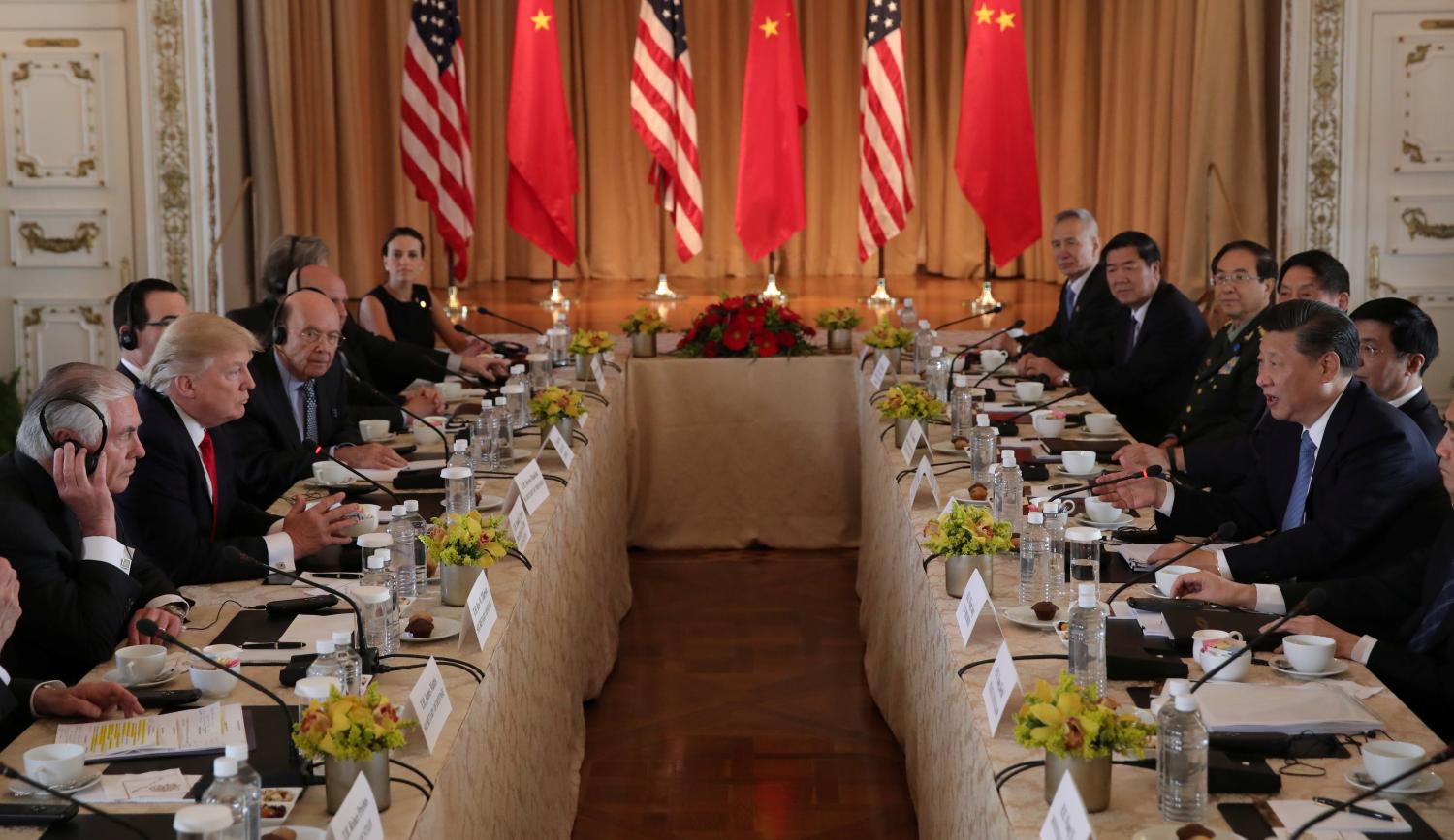
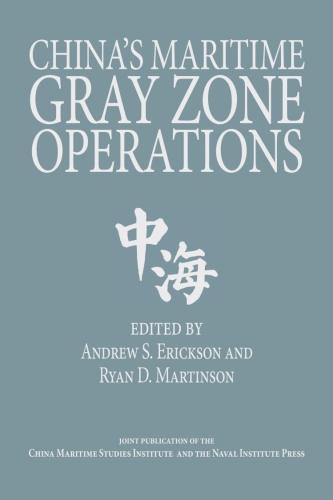
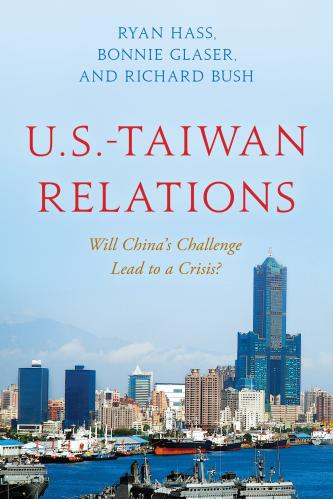
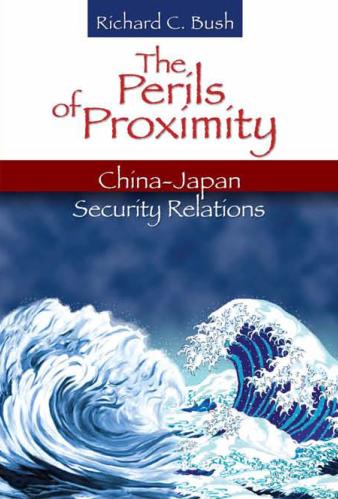
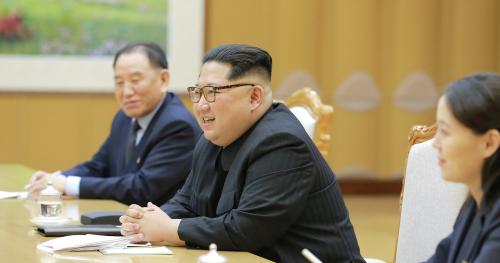
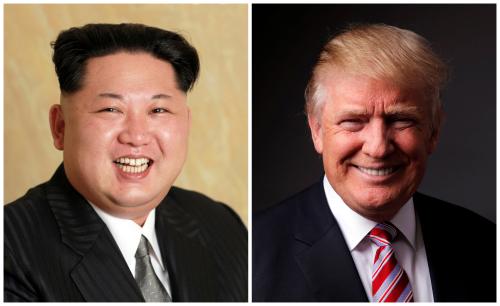
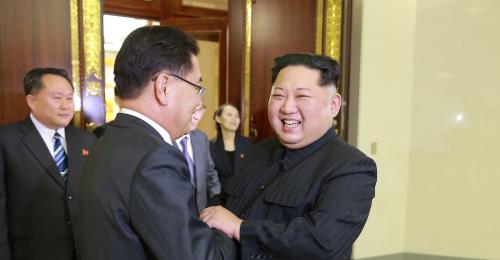


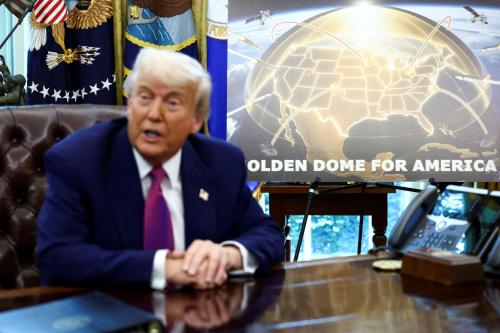
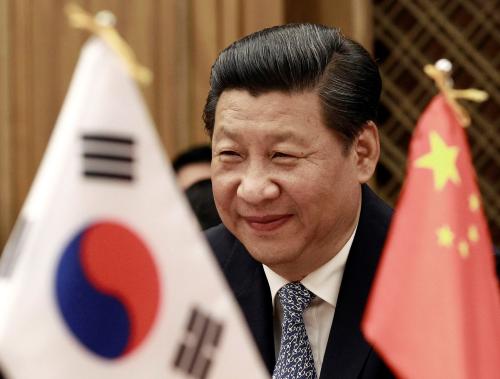
Commentary
Understanding the big downsides—and potential benefits—of the proposed Trump-Kim meeting
March 12, 2018